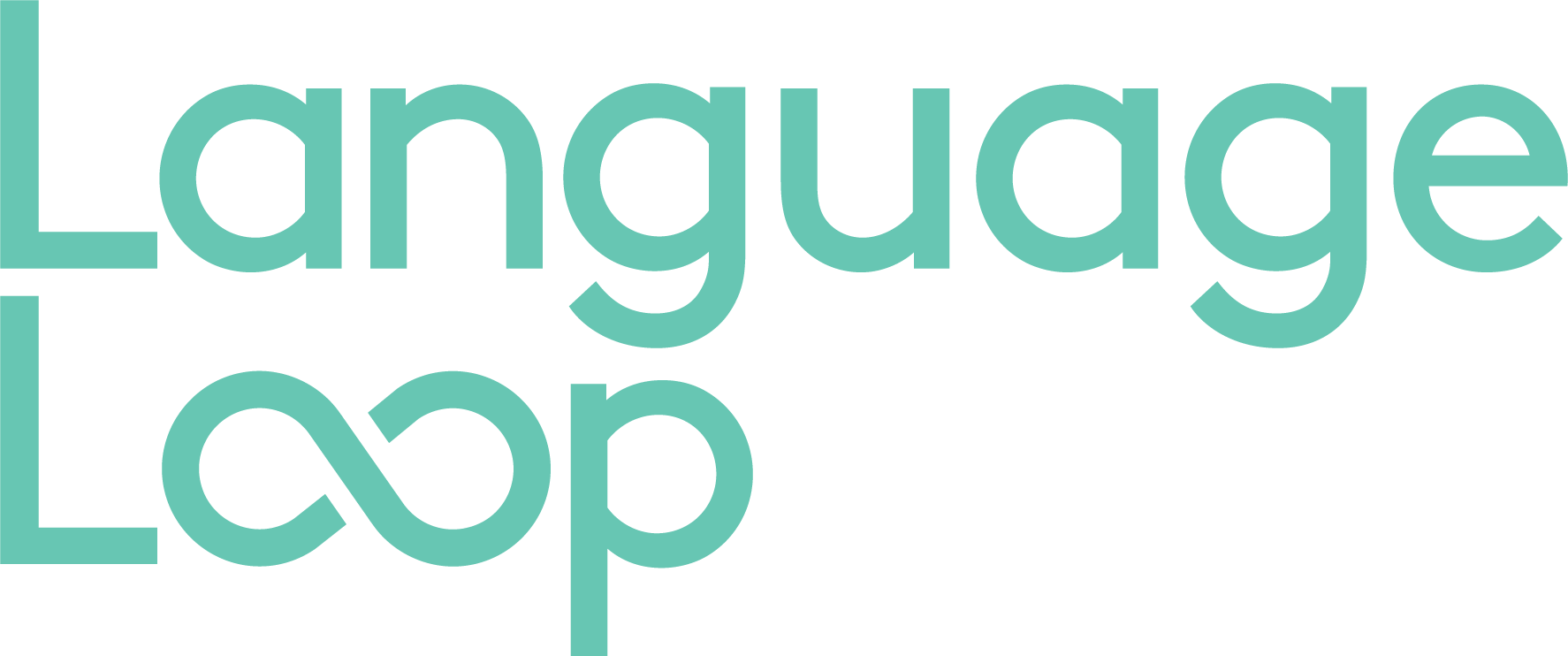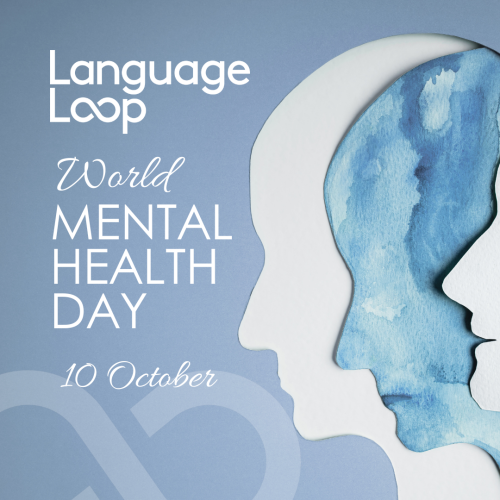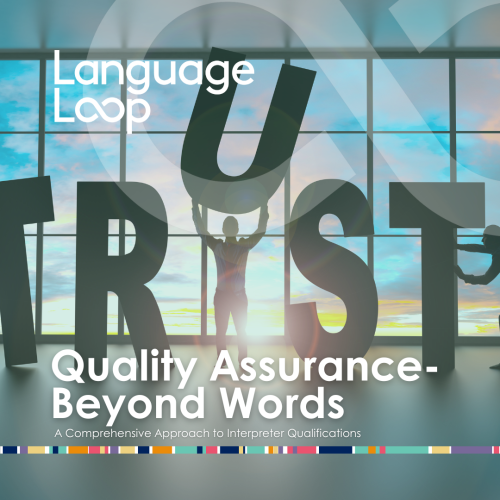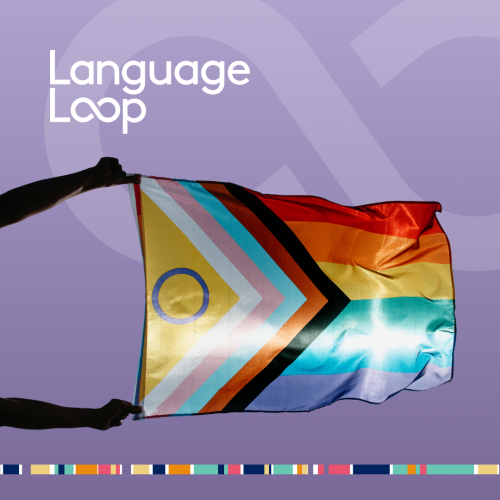In today’s globalised world, effective customer service goes far beyond merely speaking the same language. It delves into the heart of cross-cultural communication, where understanding and respecting cultural nuances becomes as crucial as our words. This is especially true when customer service officers partner with interpreting and translation service providers and professionals. This is where bridging the language gap is just the first step in fostering inclusive and respectful communication.
The Importance of Cultural Awareness
Cultural awareness in customer service is about recognising and respecting customers’ diverse backgrounds and traditions and fostering customer relationships. It’s about understanding that each culture has its own set of values, communication styles, and expectations. For instance, while some cultures might appreciate direct communication, others might value a more indirect approach. By being culturally aware, customer service representatives can tailor their approach, ensuring customers feel understood, respected, and valued.
Beyond Language: Understanding Cultural Context
Effective cross-cultural communication in customer service is not just about translating words; it’s about conveying the right message in the context. This means understanding the cultural context behind the language. A perfectly acceptable phrase in one culture might be offensive or misunderstood in another. Professional interpreters and translators play a vital role in this aspect, as they are trained in language proficiency and cultural sensitivity.
Case Studies: The Impact of Cultural Sensitivity
There are countless examples of where cultural sensitivity in customer service has made a significant impact. For instance, understanding cultural beliefs around health and medicine is crucial for patient care in healthcare settings. Awareness of cultural norms can be the difference between closing a deal or losing a client in business settings. In these scenarios, the role of interpreters and translators becomes not just about language accuracy but also about being cultural liaisons.
Training for Cultural Competence
For customer service professionals, training in cultural competence is essential. This involves learning about different cultural norms and practices and developing skills in empathy, active listening, and adaptability. Such training helps professionals anticipate and effectively respond to customers’ unique needs from diverse backgrounds.
The Role of Technology in Cross-Cultural Communication
Advancements in technology, such as AI-driven translation tools and video conference interpreting, have made cross-cultural communication more accessible. However, technology alone cannot fully grasp the subtleties of cultural nuances. The human element, provided by skilled interpreters and translators, remains irreplaceable in ensuring that communication is accurate and culturally appropriate.
More Than Just Words
Cross-cultural communication in customer service is indeed more than just words. It’s about understanding, respect, and empathy. By recognising the importance of cultural nuances and investing in cultural competence, organisations can provide exceptional customer service that resonates with customers globally. As we navigate an increasingly interconnected world, the ability to communicate across cultures is not just a nice-to-have but a necessity in providing inclusive and respectful service.
You can read more about how to work effectively with Interpreters here.







